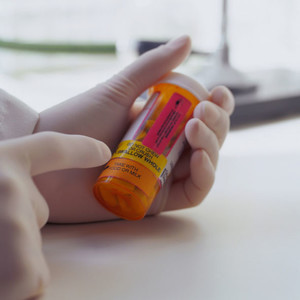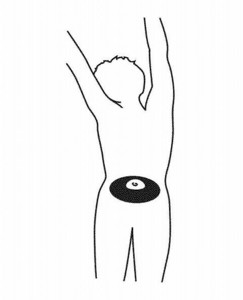There are an increasing number of generic immunosuppressive drugs available for use in patients with solid organ transplant. However, given the potential for organ rejection with inadequate immunosuppression, there is considerable debate in the literature regarding the safety of generic immunosuppressive medications. To investigate these concerns, Amber Molnar and co-authors from the University of Ottawa, Canada, carried out a systematic review and meta-analysis comparing the clinical efficacy and bioequivalence of generic and originator immunosuppressive medications in the solid organ transplant population [1].
A comprehensive, systematic search of articles published in peer-reviewed journals between 1980 to September 2014 using the MEDLINE and EMBASE databases was performed. Studies were included if they reported a comparative evaluation of the originator version of an immunosuppressive medication to at least one generic version of the same drug in solid organ transplant recipients. Case studies, case series and studies performed on animals were excluded. The primary outcome for bioequivalence was the 90% confidence interval (CI) of the mean ratio (generic/originator) for the area under the curve (AUC) and peak concentration (Cmax). The primary outcomes for clinical efficacy were acute rejection and graft loss. Two reviewers independently extracted data and assessed quality of studies.
A total of 1,679 citations were screened, of which 50 studies met the eligibility criteria (17 randomized trials, 15 non-randomized interventional studies and 18 observational studies). Generics were compared with Neoral (cyclosporine) (32 studies), Prograf (tacrolimus) (12 studies), and Cellcept (mycophenolate mofetil) (6 studies). Pooled analysis of randomized controlled trials in patients with kidney transplants that reported bioequivalence criteria showed that Neoral (2 studies) and Prograf (3 studies) were not bioequivalent with generic preparations according to criteria of the European Medicines Agency. The single Cellcept trial also did not meet bioequivalence criteria.
Acute rejection was rare but did not differ between groups. For Neoral, the pooled Peto odds ratio was 1.23 (95% CI 0.64 to 2.36) for kidney randomized controlled trials and 0.66 (0.40 to 1.08) for observational studies. For kidney observational studies, the pooled Peto odds ratios were 0.98 (0.37 to 2.60) for Prograf and 0.49 (0.09 to 2.56) for Cellcept. There were insufficient data reported on patient or graft survival.
Pooling of results was limited by inconsistent study methods and reporting of outcomes. Many studies did not report standard criteria used to determine bioequivalence. While rates of acute rejection appeared similar and were relatively rare, few studies were designed to properly compare clinical outcomes. Most studies had short follow-up times and included stable patients without a history of rejection.
High quality data demonstrating bioequivalence and clinical efficacy of generic immunosuppressive medications in patients with solid organ transplants are lacking. Given the serious consequences of rejection and allograft failure, well-designed studies on bioequivalence and safety of generic immunosuppression in transplant recipients are needed.
Conflict of Interest
One of the authors Greg A Knoll of the research paper [1] has received research grants from Astellas Canada, Roche Canada, Novartis Canada and Pfizer Canada outside the submitted work. The other authors declared that there were no conflicts of interest.
Abstracted by Amber O Molnar, Division of Nephrology, Kidney Research Centre, Department of Medicine, University of Ottawa, Canada.
Editor’s comment
Readers interested to learn more about the use of generic immunosuppresants are invited to visit www.gabi-journal.net to view the following manuscript published in GaBI Journal:
Role of hospital clinical pharmacist in transplantation, and generic immunosuppressive therapies
Readers are encouraged to contribute a research or perspective paper to GaBI Journal – an independent, peer reviewed academic journal – please send us your submission here.
Related articles
Switching to generic cyclosporine A after heart transplant safe
Transplant coordinators’ perception of generic immunosuppressants
FDA awards grant to study generic transplant drug tacrolimus
Reference
1. Molnar AO, et al. Generic immunosuppression in solid organ transplantation: systematic review and meta-analysis. BMJ. 2015;350:h3163.
Permission granted to reproduce for personal and non-commercial use only. All other reproduction, copy or reprinting of all or part of any ‘Content’ found on this website is strictly prohibited without the prior consent of the publisher. Contact the publisher to obtain permission before redistributing.
Copyright – Unless otherwise stated all contents of this website are © 2015 Pro Pharma Communications International. All Rights Reserved.








 0
0











Post your comment